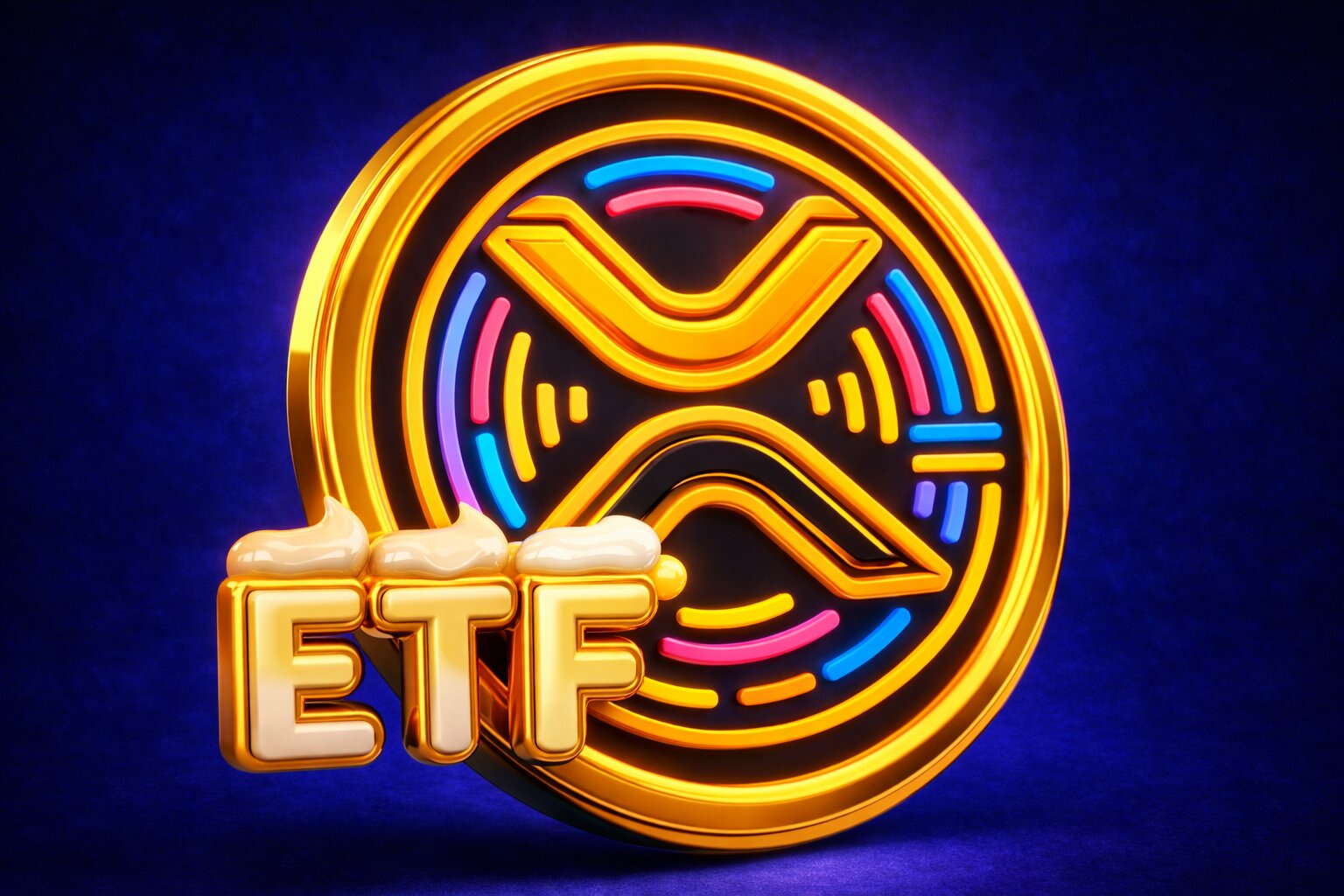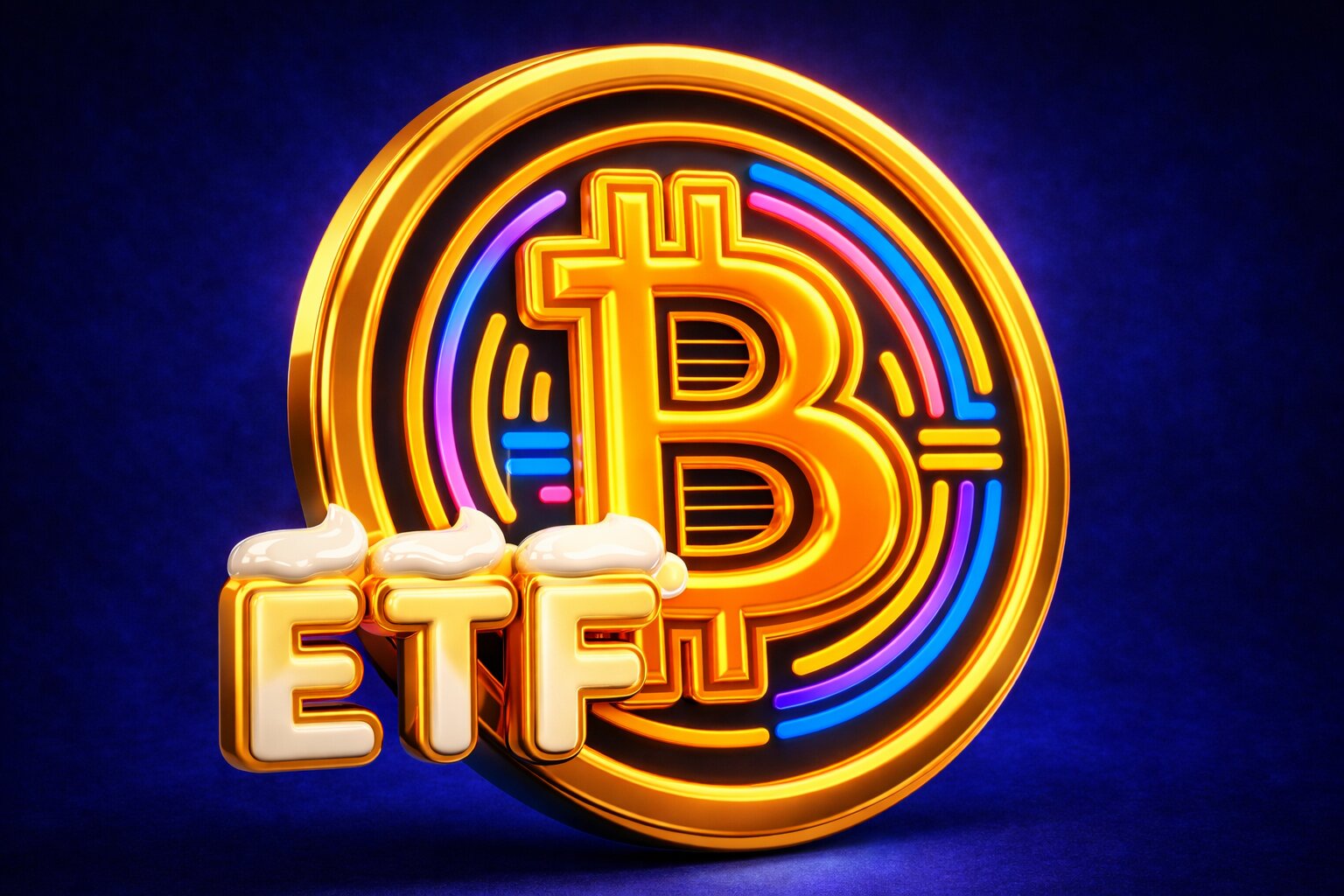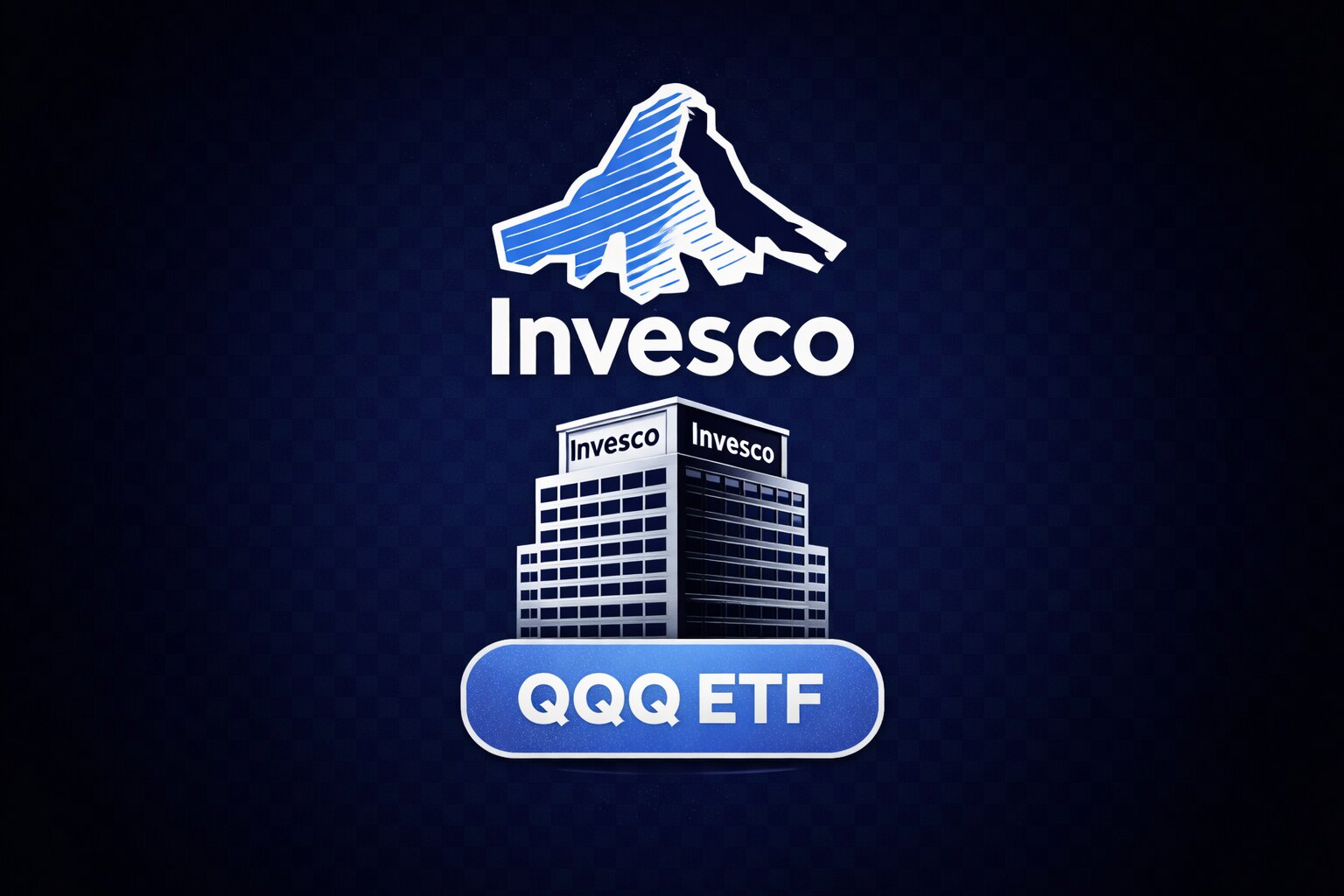
China's Groundbreaking Embrace of Cryptocurrency
From Beijing's bold recognition to Hong Kong's ascent as a crypto hub and the impact of tech moguls on the market, explore the intricate tapestry of the evolving crypto world | That's TradingNEWS
China Recognizes Cryptocurrency as Legal Property
In a groundbreaking move, the People’s Court of China has recently recognized cryptocurrency as "legal property and protected by law," according to sources from local media. The statement made in a report titled "Identification of the Property Attributes of Virtual Currency and Disposal of Property Involved in the Case" suggests a significant shift in China's stance towards cryptocurrencies.
The new legal recognition is in sync with China's gradual opening up to the digital assets world, especially after Hong Kong, a special administrative region of China, began issuing licenses to cryptocurrency companies, allowing them to offer crypto trading to the general public. Notably, HashKey and OSL were among the first to receive these licenses. This movement contrasts with China's 2021 crackdown on digital currencies, which resulted in an exodus of crypto businesses and miners.
Faryar Shirzad, chief policy officer at Coinbase, mentioned on Twitter that the PRC’s adoption of cryptocurrency technology is bound to capture the attention of U.S. policymakers sooner or later. He emphasized that Chinese courts operate under the purview of central authorities, hinting at the strategic importance of this new recognition.
Hong Kong's Ascent as a Global Crypto Hub
Despite China's inconsistent journey with cryptocurrencies, industry experts predict Hong Kong's transformation into a world-class cryptocurrency hub. Jeremy Allaire, the CEO of stablecoin issuer Circle, acknowledged the "enormous demand" for digital assets in emerging markets, with China and Asia playing pivotal roles. During a discussion at the World Economic Forum in Tianjin, China, Allaire commented on Hong Kong's keen interest in establishing itself as a significant hub for digital assets and stablecoins.
Challenges Facing the Chinese Economy
The Chinese economy is showing signs of strain, particularly in its property market, which has prompted the central bank to implement economic stimulus measures. Markus Thielen, the head of research and strategy at Matrixport, highlighted China's economic risks in a recent note. Recent measures include a reduction in the foreign exchange that financial institutions must maintain as reserves and an interest rate cut on yuan deposits by prominent Chinese banks.
Bitcoin and Cryptocurrency Market Dynamics
Over the past weeks, the cryptocurrency market, especially Bitcoin, has experienced volatility. Speculations have arisen about Elon Musk's potential influence on the cryptocurrency market.
Bitcoin's value has seen substantial growth since late 2022, with September anticipated to be an eventful month for the cryptocurrency industry. The U.S. Securities and Exchange Commission (SEC) has recently filed a sealed motion against Binance, the world's largest crypto exchange. John Reed Stark, a former SEC official, found this move by the SEC unusual. The motion's sealing might be due to either a pending criminal investigation or concerns about a witness's safety.
In addition, the SEC's previous legal actions against major crypto exchanges like Binance and Coinbase for allegedly violating federal securities laws have been significant. The crypto community is now closely watching the SEC's decision regarding several bitcoin ETF bids from large asset managers.
Ethereum's Performance in the Market
Ethereum, the second-largest cryptocurrency by market cap, is currently trading at $1,644. Despite its efforts to remain above the $1,700 mark, Ethereum has seen its value decline, reflecting Bitcoin's trajectory. The cryptocurrency faced a major dip below the $1,660 mark, temporarily plunging beneath $1,640. If Ethereum surpasses $1,700, it might target the $1,800 and possibly the $1,850 levels. On the downside, failing to cross the $1,700 mark could see its value slide further.
Exploring New Investment Avenues: Wall Street Memes
In the evolving crypto space, Wall Street Memes has emerged as a cryptocurrency that's garnering significant attention. Originating from a prominent online community, the $WSM presale has created considerable buzz among investors. The presale for this meme coin commenced on May 26, 2023.
Ethereum's Future Trajectory
Several factors are affecting Ethereum's price, such as the SEC's decision to postpone the approval of a spot Bitcoin ETF. This delay resulted in a sell-off in both Bitcoin and Ethereum. However, Ethereum might soon outperform Bitcoin, as evidenced by the ETH/BTC chart that hints at a potential breakout from its current downtrend. The trendline indicates that Ethereum has been respecting an upward trajectory since June 2022. Breaking below this could prove detrimental for Ethereum, potentially pushing its price down to $1,080 or even as low as $759.
The Diverse Cryptocurrency Landscape in Asia
While China is making strides in its acceptance of cryptocurrency, the rest of Asia presents a mosaic of responses. Countries like Japan have a long-standing recognition and regulation of cryptocurrency, with Bitcoin recognized as a legal form of payment since 2017. In stark contrast, India has been vacillating between potential cryptocurrency bans and embracing blockchain technology.
South Korea stands out, having established a comprehensive framework for cryptocurrency regulation. The country's Financial Services Commission has implemented Anti-Money Laundering (AML) and Know Your Customer (KYC) procedures for crypto exchanges. Meanwhile, Singapore remains a prominent crypto-friendly jurisdiction, home to numerous blockchain startups and crypto trading platforms, thanks to its clear regulatory guidelines.
Digital Yuan: China's Foray into Central Bank Digital Currencies
China is not only showing interest in decentralized cryptocurrencies but has also taken the lead in the Central Bank Digital Currency (CBDC) race. The Digital Yuan, China's CBDC, has undergone extensive pilot testing in major cities like Shenzhen, Chengdu, and Suzhou. The People's Bank of China (PBOC) rolled out these trials, aiming to digitize a portion of its fiat currency and streamline payment systems. The Digital Yuan's incorporation into the 2022 Beijing Winter Olympics events further underlined China's commitment to its CBDC initiative.
The Digital Yuan isn't just a digital version of the national currency; it's part of a broader strategy to internationalize the yuan and potentially challenge the US dollar's dominance in international transactions.
The Global Implications of CBDCs
The rise of CBDCs, spearheaded by nations like China, raises questions about the future of international finance. These digital currencies could streamline cross-border transactions, reduce transaction costs, and enable faster payments. CBDCs could be a tool for governments to exert more control over their financial systems and potentially surveil transactions more closely.
The European Central Bank, the Bank of Japan, and the Federal Reserve in the US have all expressed interest in CBDCs, with research and pilot programs underway.
The Influence of Tech Moguls on Crypto Markets
The aforementioned speculation about Elon Musk's influence on cryptocurrency markets is indicative of a broader trend. High-profile endorsements or criticisms from tech magnates can lead to significant market fluctuations. Besides Musk, tech personalities like Jack Dorsey, former CEO of Twitter and a known Bitcoin advocate, and Mark Zuckerberg, with Facebook's (now Meta's) Diem project, have showcased the intertwined relationship between tech giants and the crypto world.
Decentralized Finance (DeFi) and its Growing Appeal
Beyond the mainstream cryptocurrencies like Bitcoin and Ethereum, Decentralized Finance, commonly referred to as DeFi, is changing the financial landscape. These are blockchain-based platforms that aim to replicate traditional financial services like lending, borrowing, and trading but without intermediaries.
The value locked in DeFi platforms surged in 2022, with platforms like Aave, Compound, and MakerDAO witnessing significant user adoption. The allure of earning high interest on deposits and the democratization of financial services are notable drivers behind DeFi's growth.
However, DeFi isn't without its challenges. The sector has faced regulatory scrutiny, with concerns about money laundering, lack of consumer protection, and potential systemic risks in the event of smart contract failures.
Cryptocurrency and the Global Financial Fabric: An Analysis
As we unravel the complex tapestry of global finance, it's evident that cryptocurrency has moved from the fringes to the forefront. The People’s Court of China's recognition of cryptocurrency as a legal entity is emblematic of this transition. This decision comes at a pivotal moment, aligning with China's intricate dance with digital assets, even as it takes steps to fortify its position through its very own Digital Yuan.
While China's move seems revolutionary, it isn't isolated. Across Asia, countries are carving out their unique stances on cryptocurrency, from Japan's early adoption to South Korea's stringent regulations. The emergence of Hong Kong as a prospective global crypto hub reinforces the region's pivotal role in shaping the cryptocurrency narrative.
Financial experts are keeping a keen eye on market dynamics, particularly with Bitcoin and Ethereum, which seem to be moving in tandem with regulatory announcements and influential tech magnate sentiments. The Elon Musk effect, while potentially overemphasized, underscores a new era where tweets can tilt market scales, spotlighting the susceptibility of crypto markets to external influences.
Yet, the real potential game-changer lies in Central Bank Digital Currencies (CBDCs). The Digital Yuan's advent could rewrite the rules of international finance, posing a formidable challenger to the US dollar's longstanding reign. As other central banks across the globe explore their CBDC initiatives, we're standing on the precipice of a new monetary order.
In the decentralized realm, the rise of DeFi platforms signals a potential democratization of finance, challenging traditional banking structures. But as with all innovations, it brings its own set of challenges and regulatory concerns.
In conclusion, the evolving crypto landscape, with its myriad of developments from national recognitions to market dynamics, paints a picture of a world in flux. The convergence of technology, finance, and regulatory frameworks is creating a new financial order. How nations and markets navigate this intricate dance will shape the global financial fabric for decades to come.
That's TradingNEWS
Read More
-
QQQ ETF Price Forecast - QQQ at $600.91: Nasdaq Growth Weighs Jobs Shock, High Yields and AI Productivity
12.02.2026 · TradingNEWS ArchiveStocks
-
XRPI And XRPR ETF Prices Lag At $7.74 And $11.44 While $1.23B XRP ETF Flows Test A Weak $1.38 Spot
12.02.2026 · TradingNEWS ArchiveCrypto
-
Gold Price Forecast: XAU/USD Guards $5,000 as Wall Street Maps Run Toward $6,100–$7,200
12.02.2026 · TradingNEWS ArchiveCommodities
-
EUR/USD Price Forecast: Can the Euro Clear 1.1900 as Dollar Momentum Fades Below 97?
12.02.2026 · TradingNEWS ArchiveForex


















